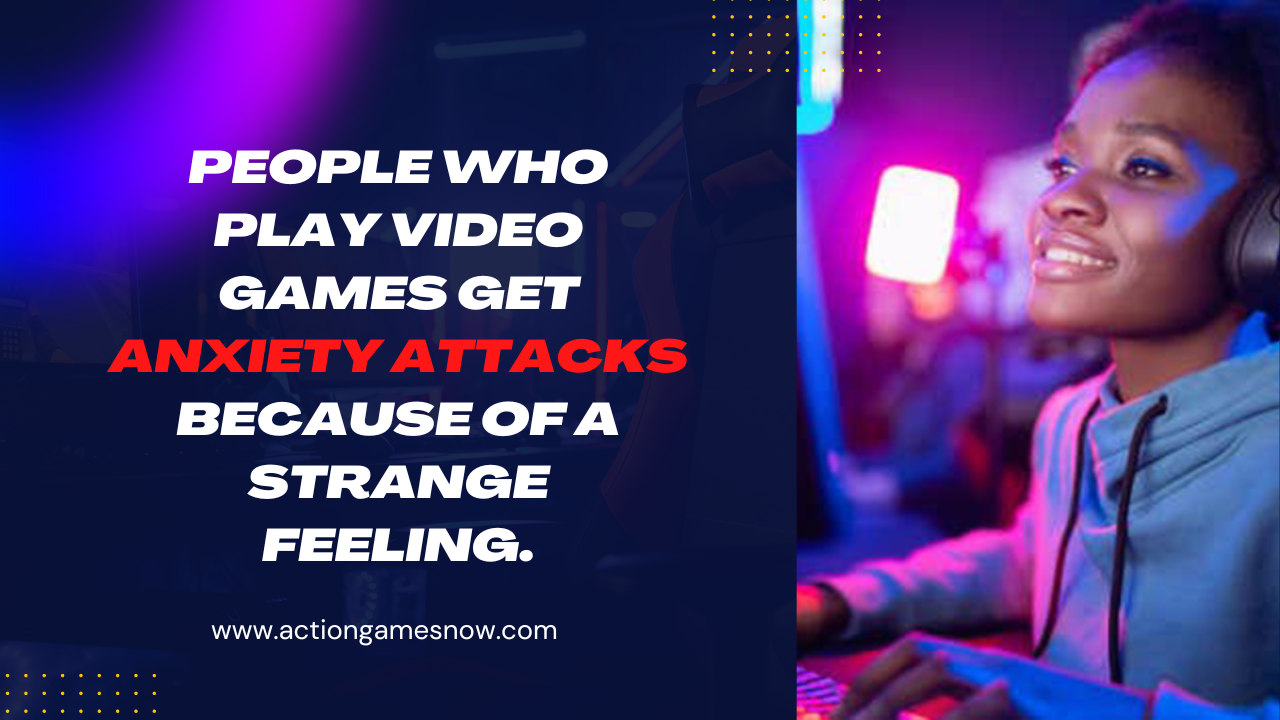Since the days of the Atari and simple games like Frogger, Donkey Kong, and Pac-Man, video games have come a long way.
With improvements in technology, gamers can now put themselves right into their games, which lets them “feel” the experience.
It can be thrilling and exciting to act out what you do in virtual reality (VR) games. But if you don’t take the right precautions, these fake feelings can also hurt your health.
What does phantom sense mean?


Phantom sense is when you feel things because of something that happened to you in virtual reality.
It is the pain, fear, or anger you feel when you are shot or stabbed in the imaginary world. Because you “know” how it would feel, your body reacts in those ways on its own.
TikTok and Elon Musk say this is “proof” we’re living in a computer simulation.
This is the same thing that people who have lost limbs have been known to experience. Even though the limb is no longer there, they are used to it being there, so it still hurts and makes them feel things.
This feeling of being a part of the game comes from being so involved that it feels real.
People have also felt anxious in VR because of phantom sense.

The brain is a strong and almost magical organ. The virtual reality world is full of action, which forces you to act quickly and gives your brain less time to process information.
As a way to get around this, the brain uses shortcuts based on information it has learned over time. In VR, the mind eventually goes on autopilot and makes a best guess without waiting for all the signals it needs.
Now, you are trained to react to sounds and sights the same way you would in real life. Responses to these things make people feel very anxious all the time.
A TikToker named Alpha explains what phantom touch, pain, taste, and pleasure are and how they happen.
Why do people have phantom senses?
Our five senses give us information about the world around us. Also, our brains get information about the world based on how it affects our bodies.
Your ears, eyes, and other sense organs send raw information to your brain, which translates it into something your conscious mind can understand.
When we use what we already know and have done in this world to fill in the blanks, phantom senses are created.
Phantom symptoms, also called “body transference,” happen in virtual reality when players “own” things that are not really a part of them.
For example, if you’re carrying a gun or knife in the game, you feel like you can “feel” it in your hand because that’s what makes sense.
In the virtual world, your life is in danger, and you feel the same emotions as if it were happening to you in real life: fear, anxiety, and stress.
This isn’t by chance. VR is made to make you feel like you are actually doing what you are doing in the game.
You take responsibility for your virtual body, which gives you real feelings and sensations. This happens a lot to amputees. Between 50 and 80% of them feel things in limbs they no longer have.
To cut a long story short, neurons in the brain correspond to parts of the body and skin. These neurons make guesses about what you’ve done and send signals to your body.
Can you develop a phantom sense?
Over time, you can develop a phantom sense. In fact, many gamers do certain things to feel ghostly sensations and improve their gaming experience.
With the help of a friend, you can develop your phantom sense. By sitting with them in real life and coordinating your actions in virtual reality, they will seem real.
Getting drunk is another way to develop a phantom sense. Phantom senses can happen when people don’t care what other people think and are more relaxed.
But really, all it takes to develop a phantom sense is time and practice. Some people will get it, but others won’t.









Comments are closed.